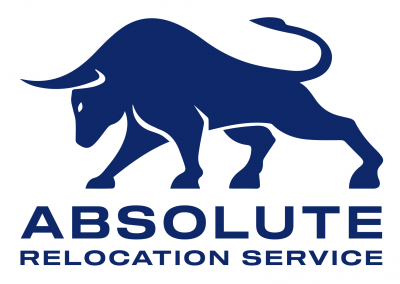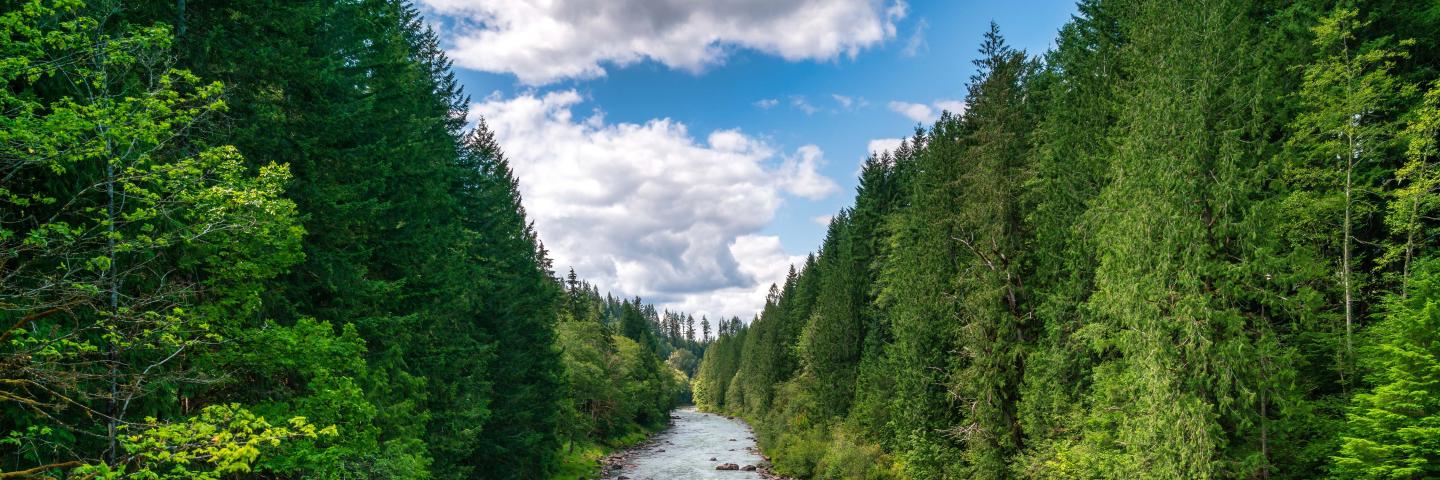Environmental Initiatives and Sustainability in Washington State
Washington State attracts attention with its natural beauty and riches. Here one can find majestic mountain peaks, vast forests, and crystal clear lakes. This unique ecosystem requires careful and responsible use of resources. Therefore, ecology and sustainability have become important priorities for local governments and communities.
Washington State has many initiatives aimed at environmental conservation and sustainable development. Each municipality contributes to the environmental well-being of the region.
Seattle’s environmental initiatives and programs
Seattle, the largest city in the state, is actively working to reduce its carbon footprint. The city has implemented programs to improve the energy efficiency of buildings, promote green transportation, and increase green space. Seattle has also pioneered sustainable building practices, including green materials and technologies.
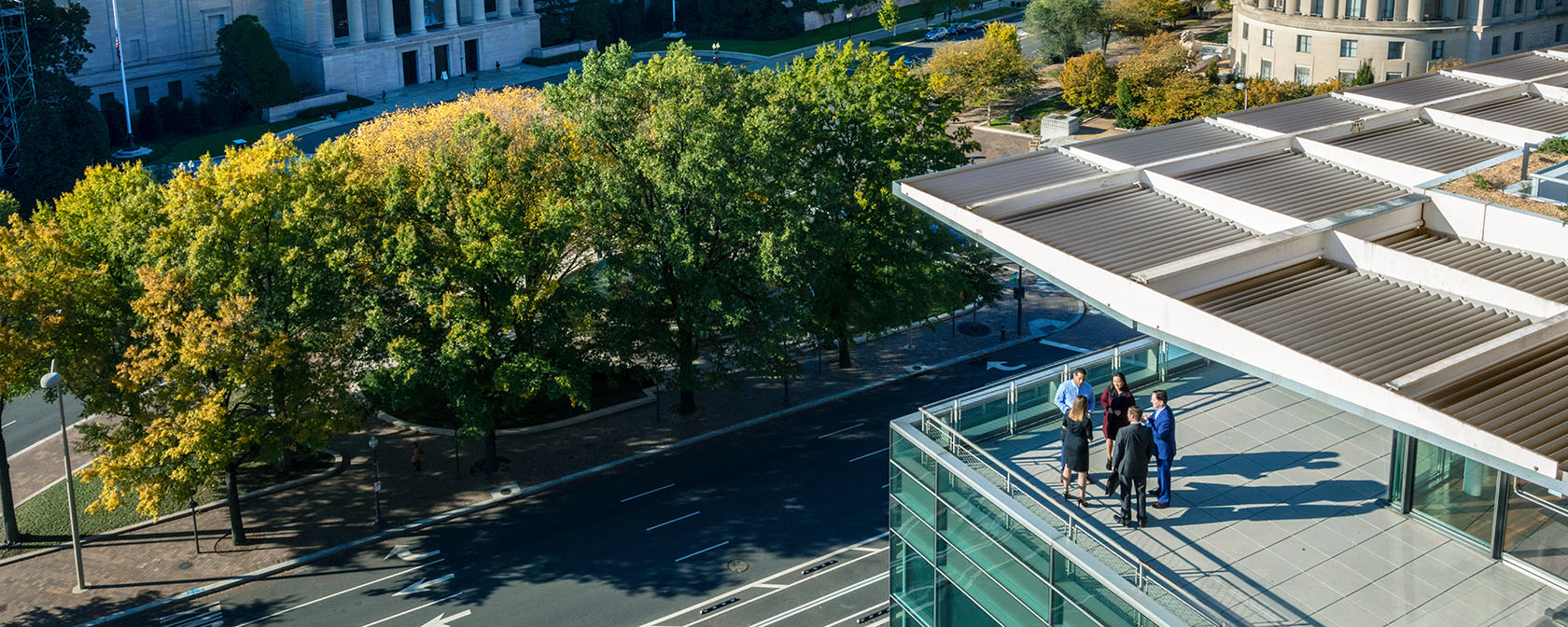
-
Sustainable building and energy efficiency
Seattle is a leader in sustainable construction. City officials support and promote the use of green building materials and technologies. For example, the Zero Energy Building Program encourages the construction of buildings that produce as much energy as they consume. These initiatives include the use of solar panels, high-efficiency heating and cooling systems, and efficient insulation.
-
Green transportation and public transit
Seattle is actively developing its public transportation network, including buses, streetcars, and trains. The City also supports programs to increase bicycle lanes and pedestrian zones, which helps reduce reliance on personal vehicles and reduce carbon emissions. Seattle’s Vision Zero project aims to improve roadway safety and reduce crashes.
-
Recycling and Resource Management
Seattle has one of the most advanced waste management systems in the country. The Seattle Recycles program offers residents convenient ways to sort and recycle waste. The city’s organic composting program recycles organic waste, turning it into usable compost for gardens and parks. Seattle is also committed to reducing waste in landfills through a variety of reduction, reuse, and recycling strategies.
-
Protecting water resources
Seattle is actively working to protect its water resources, including Lake Washington and Puget Bay. The Clean Water Program is designed to prevent pollution of water bodies and improve water quality. The program works to treat wastewater, restore shorelines, and protect natural watersheds.
-
Energy Strategy and Climate Neutrality
Seattle has adopted a Seattle Climate Action Plan that aims to reduce carbon emissions by 50 percent by 2030 from 2008 levels. The strategy includes projects to increase the use of renewable energy, improve energy efficiency, and support green technologies.
Seattle attracts new residents not only with its environmental initiatives, but also with its high quality of life. The city offers excellent education, strong infrastructure, and unique cultural opportunities. Sustainability programs make Seattle a more comfortable and environmentally friendly place to live.
Environmental Initiatives and Sustainability in King County
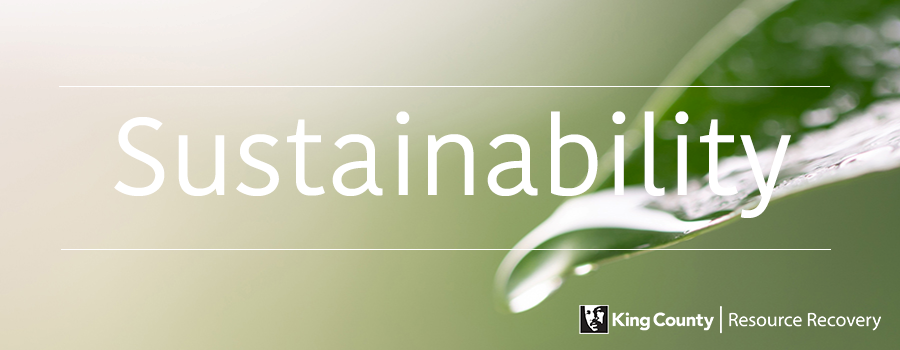
King County, which includes Seattle, is implementing recycling and waste reduction programs. It actively supports initiatives to create bike lanes and pedestrian zones to reduce car dependence and improve air quality.
King County, one of the largest and most populous counties in Washington State, plays an important role in promoting clean technology and sustainability in the region. Centered in Seattle, King County is actively working to create a greener and more sustainable urban and rural environment. Let’s take a look at the key environmental initiatives and programs being implemented in the county.
-
Sustainable Waste Management
King County is committed to minimizing waste and maximizing the use of resources. King County’s recycling and composting program provides residents and businesses with opportunities for effective waste management. As part of this program, the County operates a trash sorting system to separately dispose of organic, recyclables, and other waste. In particular, the Composting Program allows residents to turn organic waste into nutritious compost for gardens and orchards.
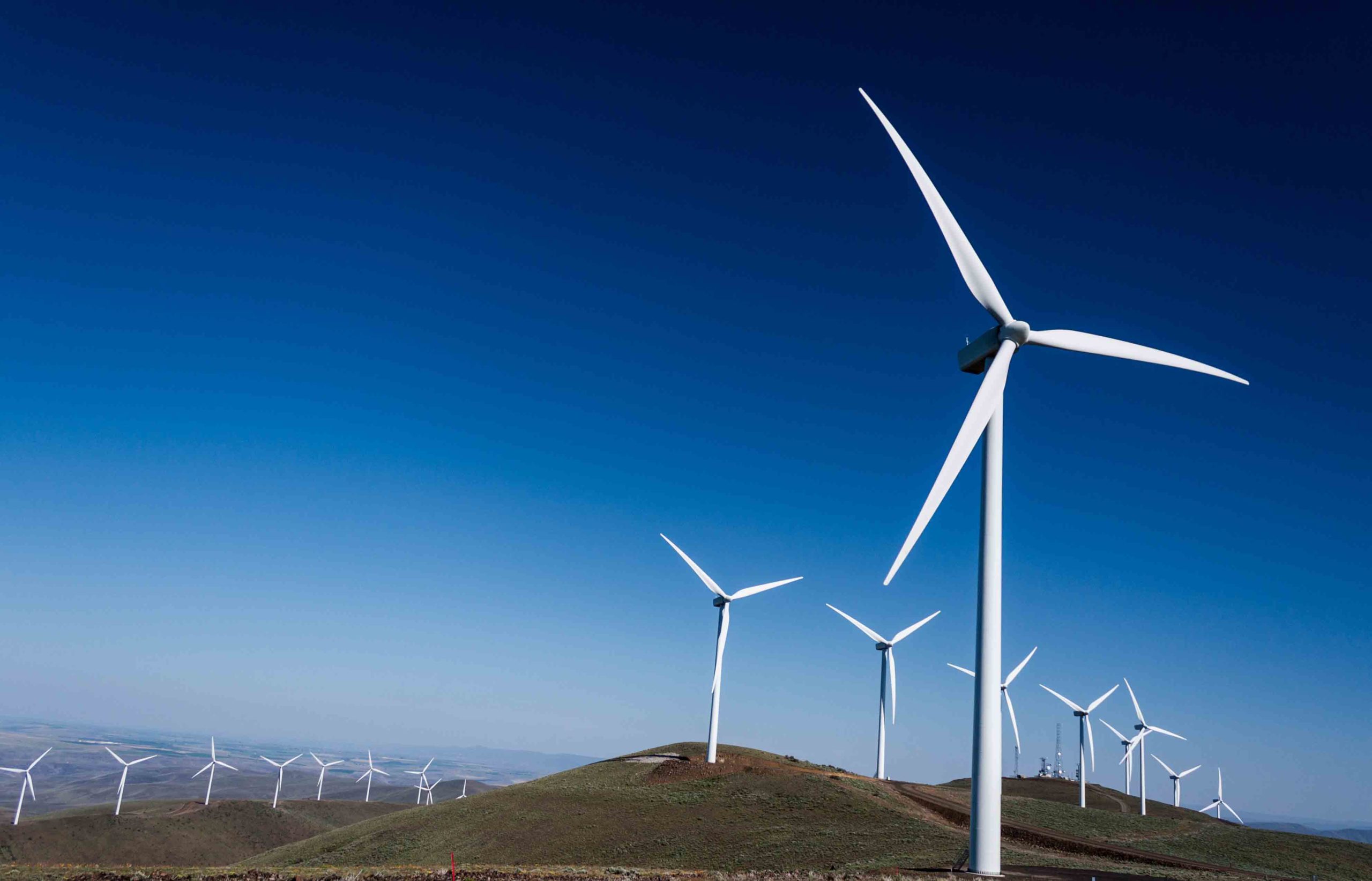
-
Energy Efficiency and Renewable Energy Utilization
King County actively supports energy efficiency and renewable energy transition programs. King County’s Climate Strategy seeks to reduce carbon emissions and improve energy efficiency. This strategy includes projects to improve energy efficiency in residential and commercial buildings and to promote the use of solar panels and other renewable energy sources.
-
Green Transportation Development
King County’s Sustainable Transportation Program aims to reduce reliance on personal automobiles and encourage the use of green transportation. The County is developing networks of bikeways and pedestrian trails and expanding public transportation options. The Electric Vehicle Program supports the installation of electric vehicle charging stations and implements initiatives to encourage the use of electric vehicles.
-
Water resource protection and ecosystem restoration
King County is actively working to protect water resources and restore natural ecosystems. The Water Protection Program includes river and lake cleanup and shoreland restoration projects. The program works to prevent pollution of water bodies and protect ecosystems, such as forests and wetlands, which play a key role in maintaining ecological balance.
-
Sustainable Development and Environmental Protection
King County has developed a King County Strategic Climate Action Plan that aims to reduce carbon emissions, maintain healthy ecosystems, and increase resilience to climate change. As part of this strategy, King County is implementing projects to modernize infrastructure, improve air and water quality, and support sustainable agriculture.
King County offers a high standard of living supported by advanced environmental initiatives and high environmental quality. County residents can enjoy beautiful natural landscapes, advanced infrastructure, and comfortable urban environments. Effective sustainability and environmental programs make King County an attractive place to live and work.
Environmental Initiatives and Sustainability in Pierce County
Pierce County is also taking steps toward sustainability by focusing on restoring and protecting water resources. The county is working to clean up rivers and lakes, and has developed projects to restore forests and maintain biodiversity.
Pierce County, located in southern Washington State, is known for its natural beauty and diverse ecosystems, including mountains, forests, and bodies of water. This county is actively working to implement green technologies and sustainable development strategies in an effort to preserve its unique natural environment and improve the quality of life for its residents.
-
Waste Management and Recycling Program
Pierce County actively promotes waste management and recycling programs. The Pierce County Recycling and Waste Reduction program provides residents with convenient ways to sort and dispose of various types of waste. The County has implemented initiatives to increase recycling opportunities, including sorting paper, glass, plastic, and organic waste. An organic composting system allows residents and businesses to turn organic waste into compost that can be used to improve the soil.
-
Protecting Water Resources and Restoring Ecosystems
Pierce County is actively working to protect its water resources, including rivers, lakes, and coastal areas. The Pierce County Water Quality Program is designed to improve water quality and prevent pollution of water bodies. This program works to restore shoreline areas, clean up rivers and lakes, and protect natural watersheds. The County also supports projects to restore and protect forest ecosystems and wetlands.
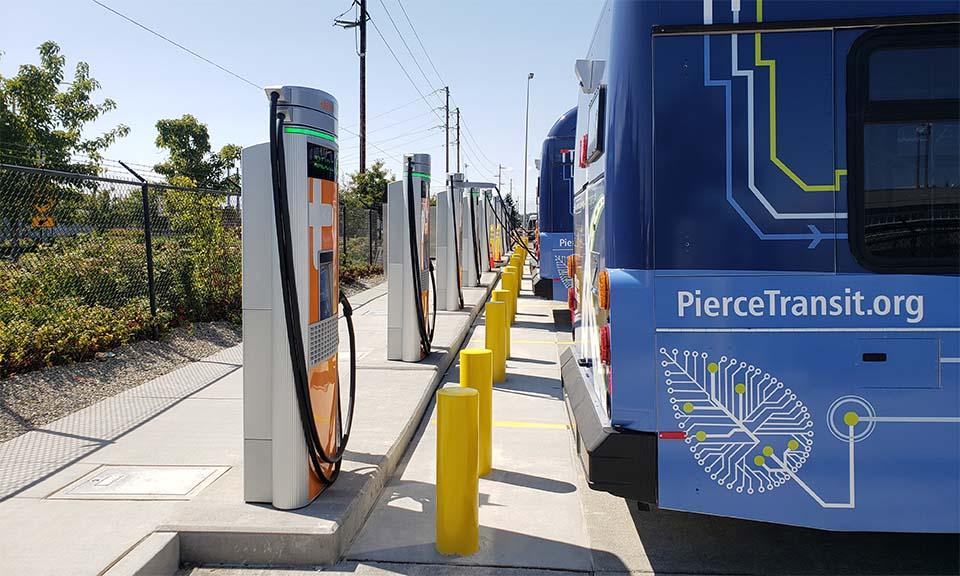
-
Sustainable Transportation Development
Pierce County implements initiatives to promote sustainable transportation and reduce carbon emissions. The Pierce County Sustainable Transportation Program is developing networks of bikeways and pedestrian routes and improving public transit use. The County supports the development of electric vehicles and the installation of electric vehicle charging stations, and offers various incentive programs to encourage the use of sustainable transportation.
-
Energy Efficiency and Renewable Energy Sources
Pierce County actively supports energy efficiency and renewable energy transition projects. The Pierce County Energy Efficiency Program provides residents and businesses with resources and incentives to improve the energy efficiency of buildings. This program supports projects that install solar panels, improve insulation, and use energy efficient technologies.
-
Education and Community Involvement
Pierce County is also focused on increasing public awareness of environmental and sustainability issues. Educational programs and initiatives are designed to inform residents about the importance of protecting the environment, proper waste management, and the use of sustainable technologies. Regular events, workshops and volunteer activities are held to help engage the public in the County’s environmental initiatives.
Environmental Initiatives and Sustainability in Spokane County
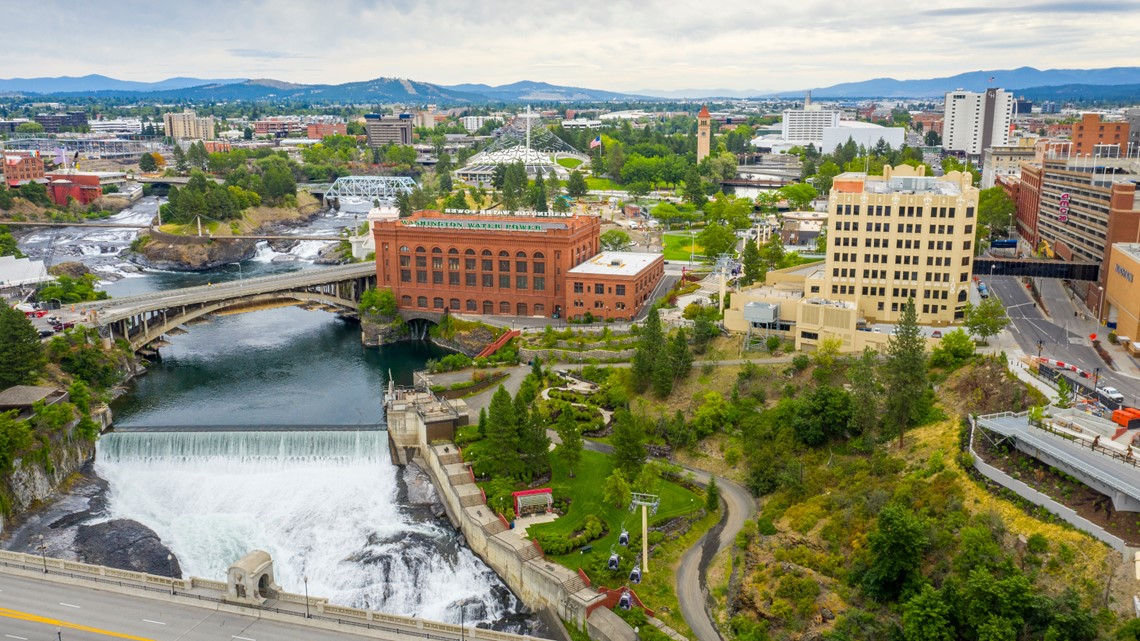
Spokane County invests in green infrastructure and sustainable urban development. Local government supports greening initiatives, community gardens, and energy efficiency improvements in residential and commercial buildings.
Spokane County, located in eastern Washington State, is known for its scenic natural landscapes and vibrant cities. In recent years, the County has been actively implementing programs and initiatives to preserve the environment and promote sustainability. These efforts cover a wide range of areas including waste management, water protection, energy, and public involvement.
-
Waste Management and Recycling
Spokane County places a significant emphasis on effective waste management and recycling. The Spokane County Solid Waste Management recycling offers residents and businesses the opportunity to sort and dispose of various types of waste. Residents can separate waste into recyclables, organics, and regular waste. The County offers composting services for organic waste, which converts it into usable compost for soil improvement.
-
Protecting Water Resources and Restoring Ecosystems
Spokane County is actively working to protect its water resources and ecosystems. The Spokane County Water Quality Program works to clean up pollution in rivers, lakes, and other bodies of water. This program also includes shoreland restoration and aquatic ecosystem protection projects. The County has forest and wetland restoration projects that play a key role in maintaining ecological balance and biodiversity.
-
Sustainable Transportation Development
Spokane County is committed to improving the sustainability of its transportation sector. The County is expanding its network of bike lanes and pedestrian trails to help reduce automobile dependence and improve air quality. Improving public transportation and increasing its accessibility are also priorities to help reduce carbon emissions.
-
Energy efficiency and renewable energy sources
Spokane County supports initiatives that promote energy efficiency and renewable energy. The Spokane County Energy Efficiency Program offers resources and incentives to improve energy efficiency in residential and commercial buildings. This program supports projects that install solar panels, upgrade heating and cooling systems, and use energy efficient technologies. The County is actively pursuing renewable energy technologies, including solar and wind energy.
-
Education and Public Involvement
The County hosts a variety of educational events and campaigns to raise awareness of the importance of environmental protection and sustainable resource management. Volunteer activities such as river and lake shore cleanups, tree planting, and other initiatives to improve the health of the County’s ecosystems are regularly conducted.
Spokane County offers residents a high standard of living combined with active environmental initiatives. It offers beautiful natural scenery, developed infrastructure, and a quality urban environment. Effective sustainability and environmental programs make Spokane County an attractive place to live and work.
How Programs and Legislation Promote Conservation in Washington State National Parks
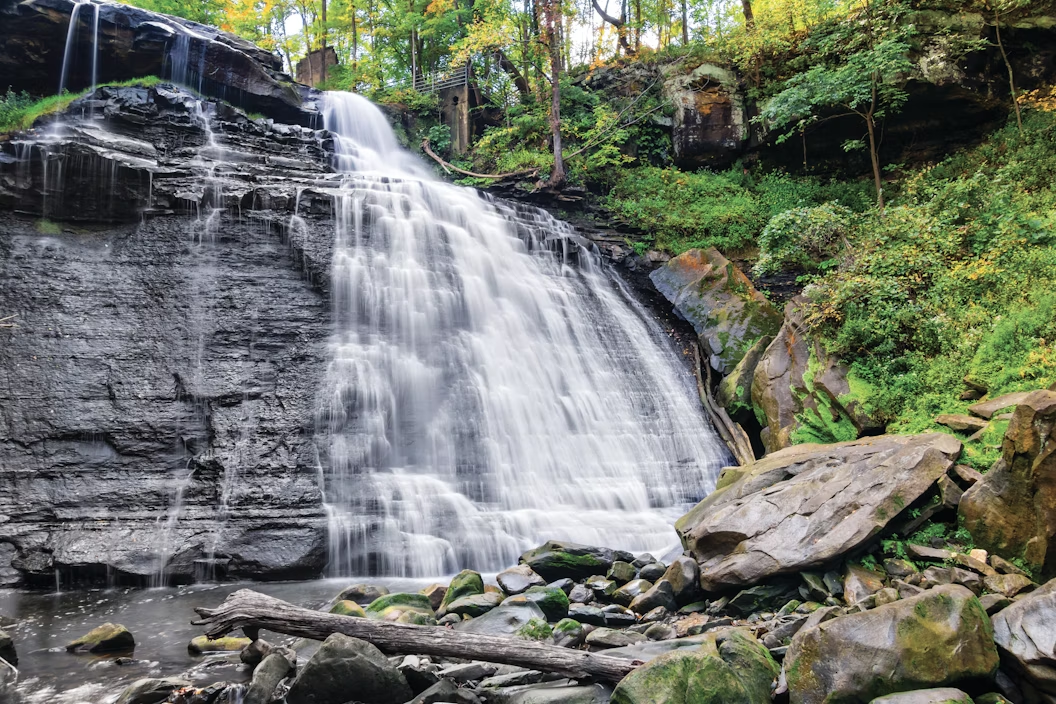
Washington State, known for its scenic national parks and diverse ecosystems, is actively implementing programs and legislation to protect nature and maintain ecological balance.
Washington State has also developed several key documents and programs to support environmental sustainability. These initiatives include the Carbon Reduction Program, Water Conservation Legislation, and Programs to Support Sustainable Agriculture. These documents aim to create a unified approach to the environment and promote effective solutions at the local level.
The Carbon Reduction Program (e.g., Washington State Climate Commitment Act initiative) aims to reduce greenhouse gas emissions and mitigate climate impacts. In the context of national parks, this program has the following impacts:
- Reducing impacts on ecosystems: Reducing carbon emissions helps reduce climate change, which can lead to changes in the ecosystems of national parks, such as changes in temperature, precipitation and sea level. This helps maintain biodiversity and the stability of natural systems.
- Protecting glaciers and bodies of water: Reducing carbon emissions helps slow the melting of glaciers and reduce impacts on bodies of water, which are important ecosystems in national parks such as Glacier National Park and Olympic National Park.
- Sustainable tourism development: Reducing carbon emissions promotes sustainable tourism, which reduces negative impacts on natural areas and helps preserve them for future generations.
Legislation to protect water resources in Washington State includes initiatives such as the Clean Water Act and the Water Resources Act. These acts play a key role in protecting water bodies and national park ecosystems:
- River and Lake Protection: Legislation ensures that rivers, lakes, and streams in national parks are protected from pollution and resource depletion. This is critical to maintaining healthy ecosystems and preserving aquatic life.
- Runoff Control: These laws regulate runoff control and water management, preventing pollution from agriculture and other sources, which helps keep water clean and maintain ecosystems in parks.
- Ecosystem Restoration: The legislation restores degraded aquatic ecosystems, such as restoring shorelines and cleaning water bodies, which helps improve natural areas.
Programs that support sustainable agriculture (e.g., Agricultural Innovation Projects and the Washington State Sustainable Agriculture Program) help maintain ecological balance around national parks:
- Environmental Stewardship: Sustainable agriculture helps reduce negative environmental impacts, which helps prevent land degradation and pollution that can affect areas adjacent to national parks.
- Natural Resource Conservation: Programs support the use of sustainable farming practices such as soil conservation, efficient water use, and reduced use of chemical fertilizers and pesticides to help maintain healthy ecosystems and prevent pollution.
- Buffer zones and eco-corridors: Sustainable agriculture can help create buffer zones and eco-corridors around national parks, which helps to conserve biodiversity and provide migration routes for wildlife.
Organic farming in Washington State
Washington State, known for its diverse natural landscapes and climatic conditions, is actively promoting organic farming. This approach to agriculture focuses on preserving the environment, improving soil health, and increasing the resilience of rural ecosystems. The state has various programs and initiatives that support sustainable and organic agriculture.
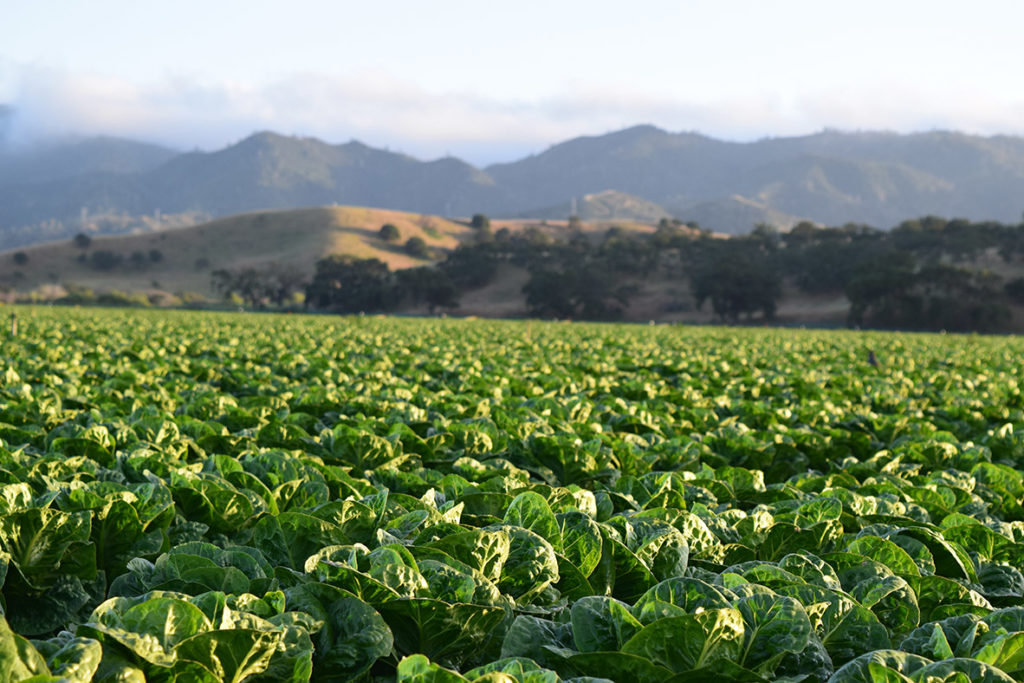
-
Principles of organic farming
Organic farming in Washington State is based on several key principles:
- Soil conservation: Using practices such as minimum tillage and organic fertilization helps prevent erosion, improves soil structure, and maintains soil health.
- Sustainable water management: The introduction of drip irrigation systems and runoff management help to use water resources efficiently and prevent overuse.
- Biodiversity and polyculture: The use of diverse crops and plants enhances biodiversity and resistance to diseases and pests.
-
State Programs and Initiatives
Washington State has several programs and initiatives to support organic agriculture:
- Washington State Organic Program: This program provides support to farmers and gardeners who want to convert to organic farming. It includes organic certification, grants, and educational resources.
- Sustainable Farms and Fields Program: This program provides farmers with financial assistance and advice on sustainable agricultural practices such as improved soil and water management.
- Innovative Agriculture Practices Incentives: The state supports the adoption of innovative technologies and practices in agriculture, such as agronomic precision and precision farming methods.
-
local initiatives and projects
Various counties and local communities in Washington State also actively support organic farming:
- Pierce County: Pierce County has Agricultural Innovation Projects that support farmers adopting organic practices. These projects focus on improving agricultural sustainability and conserving natural resources.
- King County: Farmers markets and local agriculture in King County support organic practices by offering local farmers a platform to sell organic products and share their expertise.
- Spokane County: Spokane County is actively developing Water Management Systems to support sustainable agriculture and improve water quality.
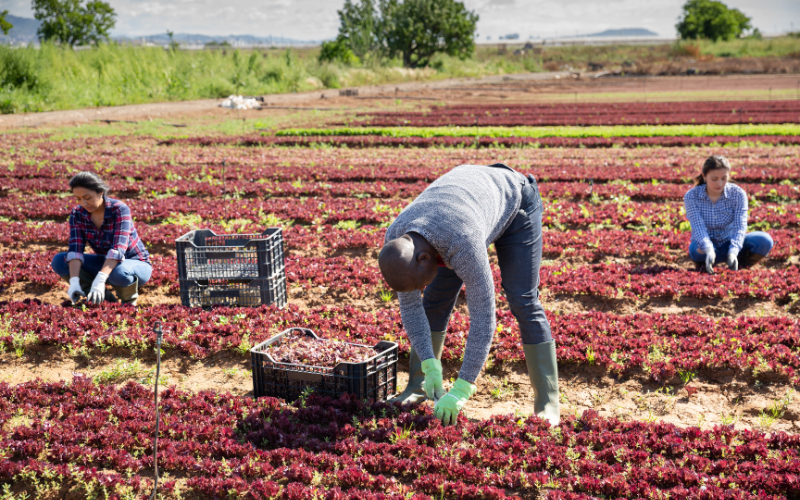
-
Benefits of Organic Farming
There are many benefits of organic farming including:
- Improved soil health: Organic practices improve soil structure and increase the soil’s ability to hold water and nutrients.
- Reduced environmental impact: Less use of chemical fertilizers and pesticides reduces water and soil pollution.
- Increased biodiversity: Polyculture and the use of different plants help maintain a diversity of flora and fauna.
- Resilience to climate change: Ecological practices help to create more resilient and climate-adapted agricultural systems.
-
Education and Support
Washington State actively promotes educational initiatives and provides resources for farmers and gardeners interested in organic farming. Workshops, training, and consultations on sustainable agricultural practices are regularly offered.
The University of Washington and other educational institutions offer programs in sustainable agriculture and organic farming, helping farmers adopt environmentally friendly practices.
Organic farming in Washington State represents an important aspect of sustainable agriculture. Through the support of state programs, local initiatives, and educational resources, farmers can adopt efficient and environmentally friendly farming practices, helping to preserve the environment and improve quality of life.
Why Washington State is an attractive place to relocate
Washington State is attractive not only for its natural beauty, but also for its high standards of quality of life, which are ensured by active environmental initiatives. Plenty of opportunities for professional and personal growth, excellent quality education and health care make it attractive to new residents.
Our company is ready to assist you with your relocation
Moving to a new state is always a challenge, especially when it comes to a beautiful and environmentally conscious region like Washington, DC. Our moving company is ready to take care of all aspects of the move so you can focus on adjusting to your new residence.
We offer a full range of moving services, including packing and transportation. Our team of professionals ensures that your belongings are handled with care and ensures that your move is smooth and stress-free.
Let us take care of your move to Washington State so you can enjoy all of its benefits and enjoy living in this amazing region.
Contact us in any way:
Telephone: (800) 881-1048
